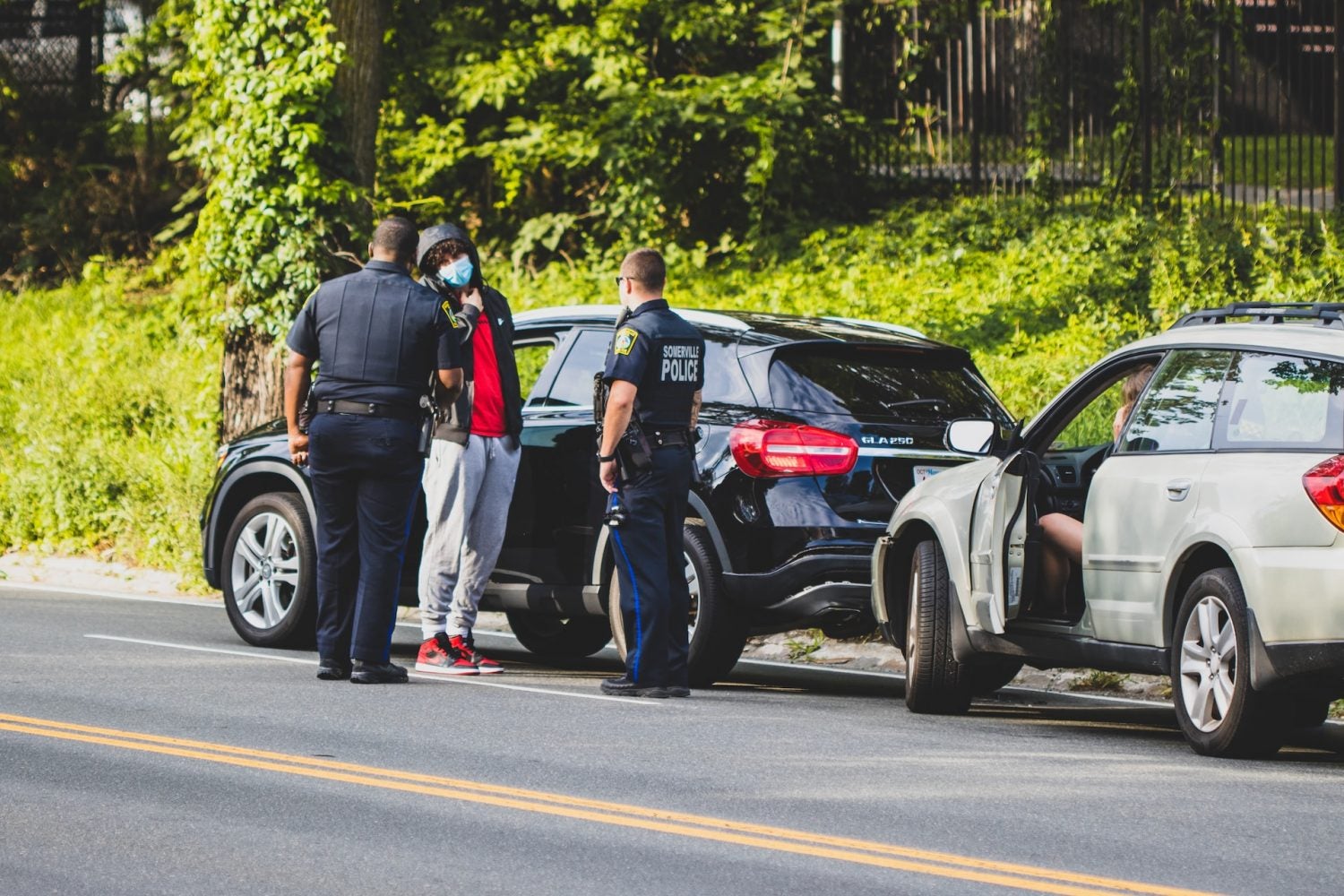Being involved in a car accident can be terrifying. Even a minor fender that only does minor damage can shake a victim up, and many accidents are far more severe.
State-by-state statistics vary, but they all have one thing in common — car accidents happen frequently. For example, in Texas, which boasts some of the country’s most dangerous roads, a reportable crash happens every one minute and seven seconds.
Some individuals are lucky to walk away from an accident with minor injuries, while others sustain a concussion, spinal cord injuries, or broken bones. In far too many car accidents, the impact is fatal.
But however severe the accident, staying calm and making the right decision in the moment can be tough. If you or someone else in the accident is seriously hurt, your priority is to seek medical attention, but what about reporting the accident? Is there a time limit on notifying the police? Do you even need to?
Discover how where you live, and the severity of your car accident can determine whether you need to report it and the time limits you need to know.
Do You Need to Report a Car Accident?
While each state has its own laws regarding reporting car accidents, the general rule is that if a car accident causes physical injury or property damage over a certain dollar amount, you must report it to law enforcement.
This dollar amount varies between $250 (District of Columbia) and $3,000 (Vermont) in property damage. The only exceptions are Nevada and Ohio, where all crashes — even those that do not cause any injury or property damage — must be reported.
Let’s say you’re in a fender bender in Georgia. You’re a little shaken and surprised, but you’re not hurt and otherwise feel okay. There’s a minor scratch on your car, but it won’t cost more than $500 — the threshold for reporting the accident — to fix. Legally, you don’t need to report the accident.
But filing a police report — known as a crash report in some states — can still be beneficial. If you want to recover the cost of fixing your car and the accident wasn’t your fault but the other driver’s, you’re entitled to claim from their insurance. Having a police report that shows when the accident happened and the damage it caused can support your claim.
You may also feel fine initially after the crash, but you might realize you’ve been injured once the adrenaline wears off. Even without direct physical impact, you can still get hurt. Any person can sustain a concussion after even the slightest sudden rapid movement, causing headaches and nausea. These symptoms sometimes persist for weeks, months, or even over a year. If you want to file an insurance or personal injury claim to cover your medical expenses or lost wages from not being able to work, a police report can help you get over the initial hurdle: proving your accident happened and caused your injuries.
How Long Do You Have to Report the Accident to Police?
So if it’s a wise idea to report the accident to the police, how long do you have to do it? When an accident causes significant injury, the police should be called to the scene. When they arrive, they’ll talk to everyone involved and anyone who witnessed the accident to form an opinion on what happened. The benefit of calling the police is that they can also arrange for you to be taken to hospital for immediate treatment.
If you call the police straight after your accident, you do not need to report it again.
If your accident isn’t severe, but you still meet the reporting requirements — or if you’re in a state where you must report any accident — the time limit varies.
Most states require you to report an accident immediately or as soon as possible, but other states have much longer deadlines, ranging from a few days to a month. Arizona is the only outlier, giving you six months to formally report the incident.
Failing to report a car accident can result in penalties, ranging from a fine to a criminal misdemeanor or felony hit-and-run charge.
Memories and evidence fade the longer you wait to report a car accident, so the sooner you notify the police — whatever your state’s requirements — the better.
Another very good reason you should report a car accident to the police is that the other driver will likely do it.
Say you sustain minor injuries and some property damage, but the other driver says they’ll handle it. You might not think you need to go to the police — what’s the point of reporting the same accident twice?
But not filing your own report means the police will only have one side of the story.
Even if the other driver is clearly at fault, they likely won’t want to admit it. On the one hand, they might say they’re not sure how it happened. On the other, they might throw you under the metaphorical bus and claim the accident was your fault.
Why is this important?
Because if you later decide to file an insurance or personal injury claim, the police report will be crucial evidence. If the other driver stated the accident was your fault, and you don’t have other evidence to prove the contrary, it might affect your chances of recovering money you would otherwise be entitled to.
Statute of Limitations for Personal Injury Claims
Filing a personal injury claim also comes with a time limit, called the statute of limitations. As soon as you’re in an accident, the clock starts ticking. Again, this varies by state. Most states have a personal injury statute of limitations of two years, although some give you as long as six years to claim.
However, just because you have several years doesn’t mean you should wait. The sooner you begin the process, the sooner your attorney can gather evidence and begin negotiations to get you the settlement you deserve. To find out if you have a claim, you can speak to a lawyer in your state — or in the state where you had your accident. For example, if you live in Louisiana, but you’re in an accident while traveling through South Texas, you may want to hire a car accident lawyer in San Antonio or Houston.
It can be difficult to think clearly after a car accident, but time stands still for no one. Knowing whether you have to report a car accident and how long you have protects you legally — from both liability and financial or criminal penalties.

















